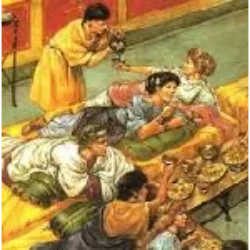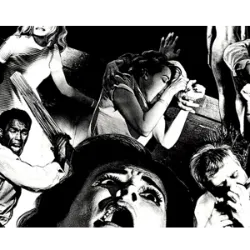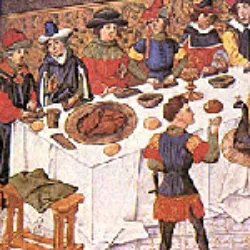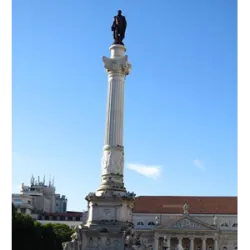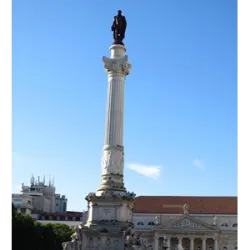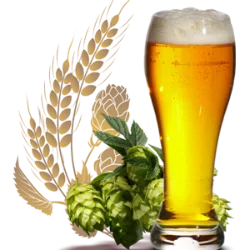February 18th, Alcoholism Prevention Day

February 18th, Alcoholism Prevention Day, highlights the importance of raising awareness among the population about the risks of excessive alcohol consumption to physical, mental and social health. The date, established to raise awareness about the impacts of alcoholism, reinforces the need for prevention, early diagnosis and support for those who suffer from this condition.
Alcoholism is considered a public health problem, affecting millions of people in Brazil and around the world. The date is marked by educational campaigns carried out by health institutions, NGOs and government agencies, which promote debates, lectures and guidance actions. Among the topics addressed are the harmful effects of alcohol, the harm to families and society, and the need to seek specialized help.
In addition to raising awareness, the day also encourages discussions on public policies to reduce harmful alcohol consumption, emphasizing the importance of supporting the recovery of addicts and strengthening support networks. The date is a call for collective responsibility to face a problem that goes beyond individual issues and affects the entire society.
Did you know?
